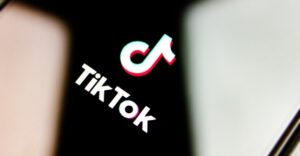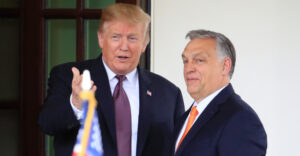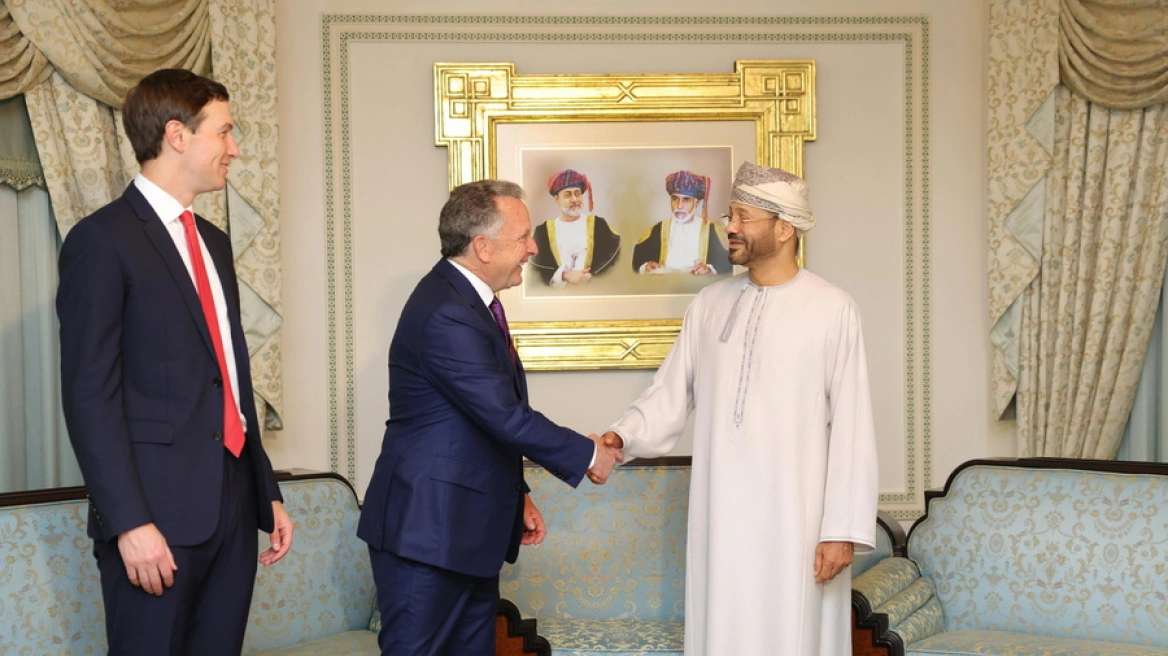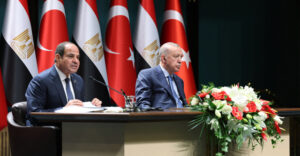Every afternoon, Ergus Katyatz posts a video on TikTok to remind his customers that his shop in Tirana delivers crisps, cigarettes and alcoholic drinks during the night. His phone never stops ringing for orders that bring him about €1,000 extra monthly profit.
But Katyaj will soon have to find a new way to attract his customers. The government of Albania has imposed an annual ban on the app, which, it claims, is going to reduce youth crime, but which, according to business owners and human rights organizations, threatens commerce and freedom of speech ahead of the May election.
“It will have a huge impact on my business because most sales are by delivery thanks to the free promotion of products through TikTok,” says Katyaj, delivering goods on the outskirts of the capital.
Rama’s decision and the ban on TikTok in at least 20 countries
Prime Minister Edi Rama announced the ban on December 21 following the fatal knife wounding of a 14-year-old student by a classmate in November, a crime that local media reports said was committed after an online altercation between the two boys.
TikTok is expected to be deactivated in the coming weeks.
The move follows bans or partial bans in at least 20 countries over concerns about viewing inappropriate videos or for security reasons linked to the app’s owner, ByteDance based in China and its proximity to the Chinese government.
Rama’s efforts to quell further uprisings denounced by opponents of the ban
In Albania, Rama claimed the decision was made after discussions with parents and teachers, but opponents worry that the move is part of the prime minister’s continuous efforts to suppress dissent after a year of popular riots.
“This sets a dangerous precedent with governments being able to shut down various platforms at any time,” says Orkintea Zafaraj of the Tirana-based think tank SCiDEV.
TikTok said it is seeking “urgent clarification” from the Albanian government because, it claims, “many reports have in fact confirmed that the videos leading to the student’s death were posted on another platform and not on TikTok.”
“He wants to shut us up,” says opposition
Over the past year there have been huge protests in Albania against the systematic imprisonment of political opponents of Rama. Protesters attacked government buildings with Molotov cocktails and police responded with tear gas grenades and water pumps.
The leaders of the two main opposition parties – Sali Berisha of the Democratic Party and Ilir Mehta of the Freedom Party – face dubious corruption charges.
Both deny the charges, which they say are politically motivated.
Arlid Kiori, the leader of the political party “Together” formed in 2022, said the TikTok ban restricts a powerful opposition communications tool.
“He wants to shut us up,” Kiori said from his office where party supporters took shelter from the cold and discussed their election plans.
Rama, for his part, insists the move is aimed at protecting young people.
In an alley in central Tirana, a photo of the child who was murdered hangs from an electricity pole, with messages from his friends tied to it.
There he was attacked with a knife and walked bleeding to his school before the ambulance arrived.
“Inside Chinese TikTok, you don’t see hooliganism, perversion, violence, bullying, crime. Whereas in TikTok outside China (you see) only scoundrels and scum. Why do we need this?” Rama said last month announcing his decision.
Ask me anything
Explore related questions





